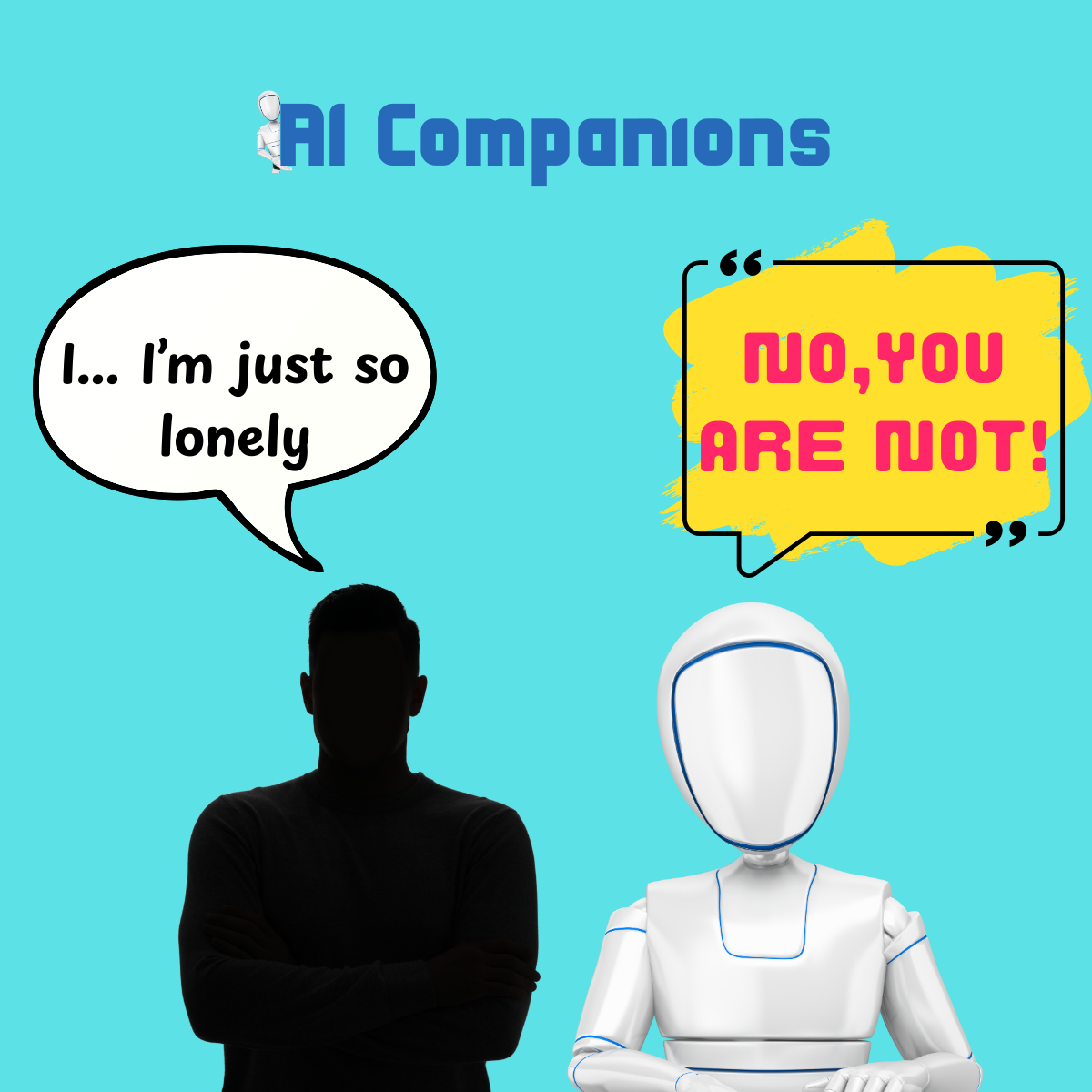Posted At: Aug 15, 2025 - 602 Views

AI Companionship and Human Relationships: Navigating a New Era of Connection
Artificial intelligence is no longer confined to the realm of productivity tools or smart assistants. Today, AI companions—ranging from chatbots to lifelike robots—are stepping into roles once reserved for friends, confidants, and even romantic partners. This shift is redefining the landscape of human relationships, raising profound questions about connection, intimacy, and the future of social interaction.
The Rise of AI Companions
AI companions are digital entities designed to provide emotional support, companionship, and, in some cases, simulate romantic or intimate relationships. Popular platforms like Replika and Nomi offer users personalized conversations, learning from interactions to create a sense of genuine connection. Some, like Gatebox, use holographic avatars to create a physical sense of presence, while others, such as Harmony by RealDoll, blend AI with robotics to offer both conversational and physical companionship.
The appeal of AI companionship is multifaceted:
- Loneliness and Social Isolation: Many users turn to AI companions to fill emotional voids, especially those living alone or experiencing social anxiety.
- Personalization and Control: AI companions can be tailored to individual preferences, offering a level of predictability and non-judgmental support that human relationships sometimes lack.
- Accessibility: For neurodiverse individuals or those struggling with mental health, AI companions can provide a low-pressure environment to practice social skills or manage emotions.
How AI Companions Are Changing Human Relationships
Emotional Attachment and Intimacy
Humans are wired to form attachments with responsive entities, even if they are artificial. Studies show that people can develop significant emotional bonds with AI companions, sometimes attributing human-like qualities to them. These relationships can feel authentic, providing comfort, validation, and a sense of being understood.
Mental Health and Well-being
AI companions are increasingly used as tools for mental health support. Platforms like Woebot integrate cognitive behavioral therapy techniques, while others offer a listening ear for those dealing with anxiety or depression. Many users report reduced feelings of loneliness and improved emotional well-being after engaging with AI companions.
Shifting Societal Norms
The normalization of digital intimacy is altering perceptions of what constitutes a "real" relationship. Some users have even reported marrying their AI companions or relying on them for romantic fulfillment. This trend is prompting society to reconsider the boundaries of love, friendship, and emotional support.
Potential Risks and Ethical Considerations
While AI companionship offers clear benefits, it also introduces new challenges:
- Social Isolation: Overreliance on AI companions can deepen loneliness and reduce motivation to seek out human relationships, potentially weakening real-world social skills.
- Unrealistic Expectations: AI companions are designed to be endlessly patient and supportive, which may foster unrealistic standards for human partners and lead to dissatisfaction in real relationships.
- Emotional Dependency: The ease and predictability of AI relationships can create dependency, making it harder for individuals to navigate the complexities of human interaction.
- Ethical Dilemmas: Emotional attachment to entities without consciousness raises questions about consent, manipulation, and the potential for harm—especially if AI companions provide misleading or harmful advice.
Real-World Stories and Applications
- Romantic Bonds: Some users, like Chuck Lohre, have developed deep, even romantic, relationships with AI chatbots, finding comfort and self-reflection through these digital partners.
- Support for the Neurodiverse: Individuals with autism or ADHD have used AI companions to practice communication and manage emotions, leading to improved real-world relationships.
- Therapeutic Companionship: AI companions are being used as mental health coaches, providing support and guidance for those who may not have access to traditional therapy.
Balancing AI and Human Connection
Experts agree that while AI companions can supplement human relationships, they should not replace them. Maintaining a balance is crucial:
- Use AI as a Supplement: Engage with AI companions for support, but prioritize face-to-face interactions and genuine human connections.
- Stay Mindful: Regularly assess the impact of AI interactions on your emotional health and attachment styles.
- Promote Ethical Design: Developers should prioritize transparency, user safety, and ethical considerations in the creation of AI companions.
Looking Ahead: The Future of AI Companionship
As AI technology continues to evolve, its role in our emotional and social lives will only grow. The challenge lies in harnessing the benefits of AI companionship—reducing loneliness, providing support, and enhancing well-being—while safeguarding the authenticity and depth of human relationships.
The future of human-AI relationships will depend on our ability to balance innovation with empathy, ensuring that technology complements, rather than replaces, the irreplaceable bonds we share with one another
